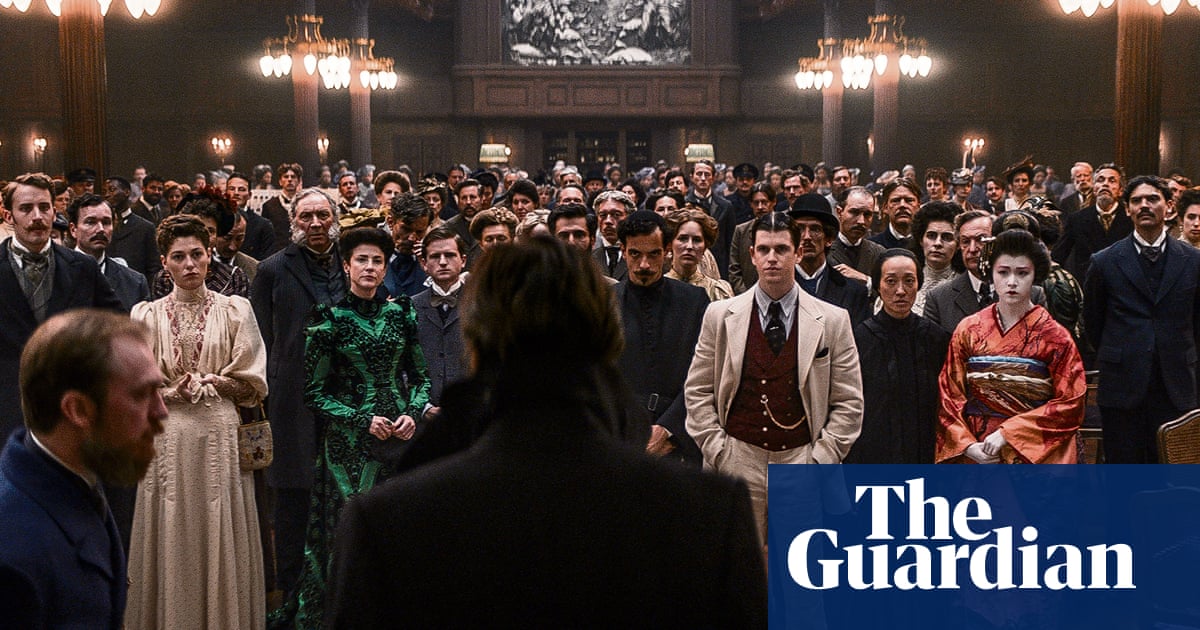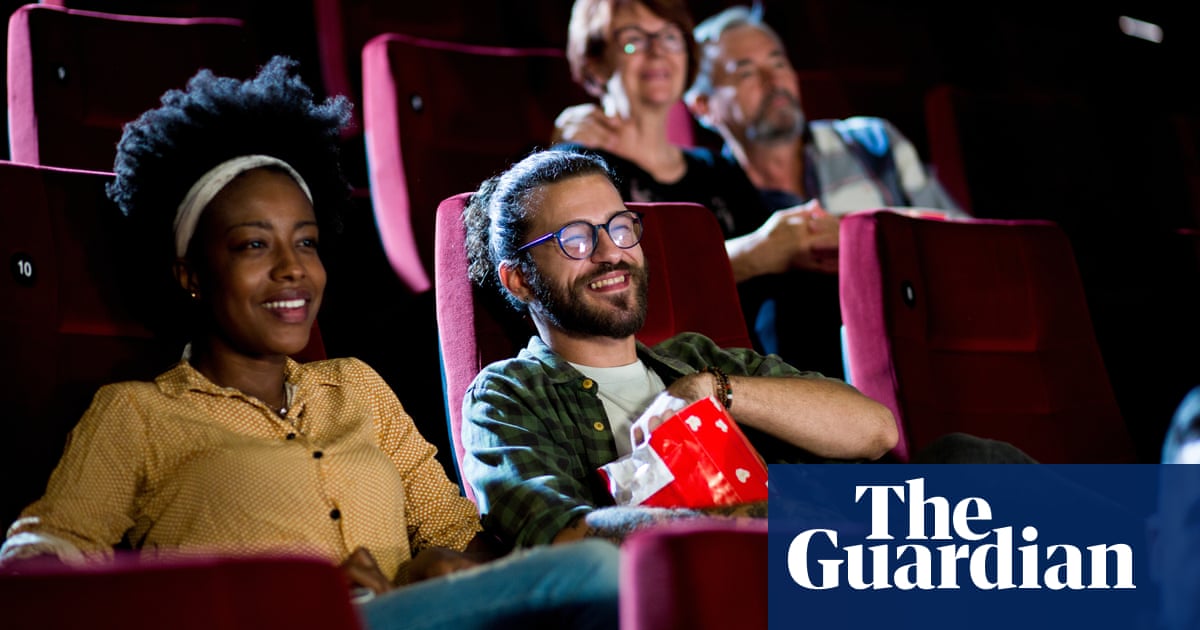
The artificial intelligence revolution is motoring forward at such a pace that it’s hard to keep up with the torrent of news stories about it, let alone the technology itself. In recent weeks we’ve had AI newsreaders on Kuwaiti TV, an AI-generated photograph winning a major prize, an AI-generated interview with Michael Schumacher that got an editor sacked and, of course, numerous warnings that this all might spell the end of humanity itself.
It’s natural to feel apprehensive about these society-shaking developments. (I’m already preparing myself for the inevitable “AI writes mildly diverting pop culture newsletter” story.) Even so, the reaction to a recent interview in which Joe Russo speculated on the future of AI-generated film seemed particularly intense. Russo – one half of Marvel-affiliated director duo the Russo brothers – was musing on how generative AI could invent a film catered to the whims of the viewer. Here’s his pitch:
You could walk into your house and say to the AI on your streaming platform, “Hey, I want a movie starring my photoreal avatar and Marilyn Monroe’s photoreal avatar. I want it to be a rom-com because I’ve had a rough day,” and it renders a very competent story with dialogue that mimics your voice … suddenly now you have a rom-com starring you that’s 90 minutes long.
For what is essentially some vague spitballing (the tech needed to make such a film seems some way off, if possible at all), Russo’s quotes didn’t half stir a hornet’s nest online, varying from digs at the Russos’ recent output to calls for a meteor to strike the earth before AI gets the chance to ruin cinema.
Leaving aside the fact that watching yourself meet-cute with a long-dead film star is a deeply tragic notion, I think the reason Russo’s idea is so unappetising is because it is fundamentally at odds with how and why we watch movies. Throughout its history, cinema has been a largely passive medium. For the past 120-odd years we have sat ourselves down in front of a screen and had someone else’s creative choices beamed at us. Sure, whether we respond positively or negatively to what we’re being shown will dictate what gets made and who gets to make it, and our input has been given more weight as film has got more programmatic in recent decades. But there’s a limit to our agency in this relationship.
AI-generated cinema entirely upends that. Suddenly it’s all about your whims and predilections: a film is served from your point of view, rather than giving you a window into someone else’s thinking. And for an added dose of solipsism, it will be you starring in the film (again, depressing – though it does raise the intriguing/traumatising prospect of watching yourself die on screen).
A victim in all of this would be the capacity of surprise. Because generative AI is working from a database of the films, characters, plotlines and tropes it knows you have watched and enjoyed, it is unlikely to be able to create something that jolts or discomfits you; that shocking death of the character you felt a connection with or that big brilliant twist that upended everything you thought you knew about the film that you were watching. It’s those creative choices that you as the viewer don’t know you want, or even in the moment are actively repelled by, that often make a film so satisfying, and that’s something that no artificial intelligence can predict.
I do think AI will revolutionise film, most likely in some horrible unforeseen way. But, as with a lot of predictions around AI and culture, Russo’s idea seems to fundamentally misunderstand why we enjoy the thing in the first place. We’re there to be transported – not algorithmically indulged. If you want a date with Marilyn, you’re better off streaming Gentlemen Prefer Blondes.












